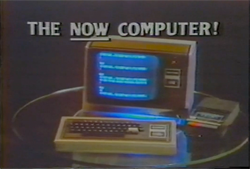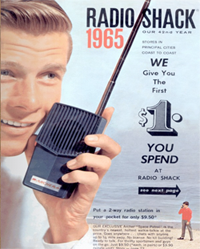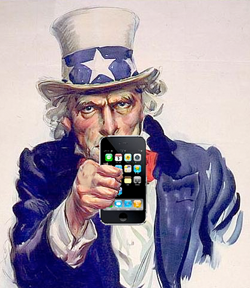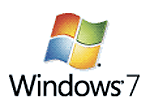 After three years as a member of Apple’s board, Google CEO Eric Schmidt is stepping down. “Eric has been an excellent Board member for Apple, investing his valuable time, talent, passion and wisdom to help make Apple successful,” Steve Jobs is quoted as saying in an Apple press release. “Unfortunately, as Google enters more of Apple’s core businesses, with Android and now Chrome OS, Eric’s effectiveness as an Apple Board member will be significantly diminished, since he will have to recuse himself from even larger portions of our meetings due to potential conflicts of interest,” Steve Jobs is quoted as saying in an Apple press release. “Therefore, we have mutually decided that now is the right time for Eric to resign his position on Apple’s Board.”
After three years as a member of Apple’s board, Google CEO Eric Schmidt is stepping down. “Eric has been an excellent Board member for Apple, investing his valuable time, talent, passion and wisdom to help make Apple successful,” Steve Jobs is quoted as saying in an Apple press release. “Unfortunately, as Google enters more of Apple’s core businesses, with Android and now Chrome OS, Eric’s effectiveness as an Apple Board member will be significantly diminished, since he will have to recuse himself from even larger portions of our meetings due to potential conflicts of interest,” Steve Jobs is quoted as saying in an Apple press release. “Therefore, we have mutually decided that now is the right time for Eric to resign his position on Apple’s Board.”
The news comes the Monday morning after it became public that Apple had rejected Google’s Google Voice application from the iPhone App Store, a development that the FCC wants to know more about. The timing is intriguing even though that ongoing minidrama might well have developed even if Apple and Google weren’t OS competitors. But it’s also evidence of just how fast Google’s ambitions have expanded that it was as recently as three years ago that it sounded logical for a Google representative to sit on Apple’s board at all.
There’s no reason why Schmidt’s exodus will necessarily usher in an era of fierce rivalry between the two companies. But it’ll surely have some impact on their relationship, and not just in the areas of phone and computer operating systems which Jobs references in the press release.
Google’s mission statement famously refers to organizing the world’s information and making it universally accessible and useful–and for awhile now, I’ve wondered if it was mere coincidence that it steered clear of organizing the world’s music or otherwise engaging in businesses that competed directly with Apple’s iTunes Store. (Google did try to sell video content for awhile, but it turned out to be a short-lived experiment.) May Schmidt’s disappearance from the Apple board usher in an era in which Google enters even more of Apple’s businesses without blinking. That sort of healthy competition would surely benefit consumers more than the last three odd years of Apple/Google coopitition have.

 The news that RadioShack
The news that RadioShack 
 People keep saying that there’s no court of last resort when Apple rejects an iPhone application. Heck, nobody can even demand that Apple explain its actions. But the one guy who can order even Steve Jobs around is Uncle Sam. And the FCC is now
People keep saying that there’s no court of last resort when Apple rejects an iPhone application. Heck, nobody can even demand that Apple explain its actions. But the one guy who can order even Steve Jobs around is Uncle Sam. And the FCC is now  When Toshiba
When Toshiba  Microsoft has finished up announcing pricing details for Windows 7 by
Microsoft has finished up announcing pricing details for Windows 7 by  Microsoft’s Alex Kochis has
Microsoft’s Alex Kochis has 